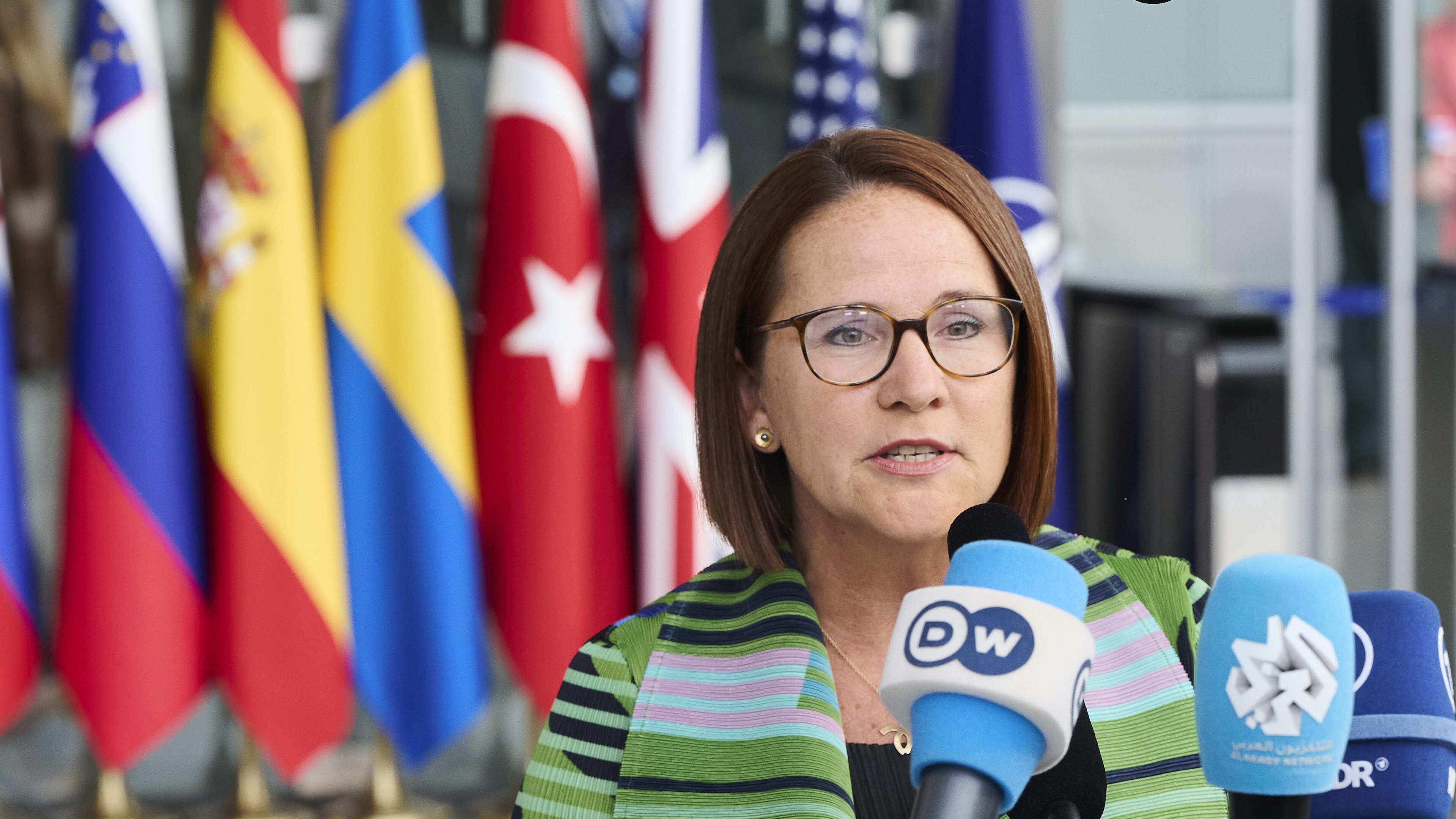A week of vaccination

World and European vaccination weekwhich are between 24 and 30, April, traditionally dedicated to topics that, at global or European levels, represent the current challenges and opportunities for the widest possible access to vaccines and their use. At the global level, the greatest challenge is as much access to vaccines for children, which in the last half century reduced the mortality between them, with 60 percent of this effect brought about measles vaccination. To illustrate: about 20 children in each generation would die in Slovenia without measles vaccination in Slovenia, and about the same would have lasting neurological consequences due to brain inflammation; And at least 5,000 children would have a more severe complication of the disease (pneumonia, middle ear inflammation, diarrhea with dehydration).
Unfortunately, children’s vaccines are taken for granted only in the developed world, and in less developed areas of the world, governments rely on international health organizations, mostly coordinated by the World Health Organization (WHO). Their functioning provides technical support, financing and distribution of vaccines in countries where they do not have it; These organizations also run global programs for eradicating diseases such as polyomyelitis and malaria.
The start of Donald Trump’s presidency has abolished the previously significant US funding for health programs for less developed, including the financing of the WHO vaccine programs. Replacement of failed funds will, in these conditions, become the biggest problem in providing access to children’s vaccines in a less developed world, as no one else will educate vaccines in underdeveloped countries, prepare vaccine sites, take care of proper collection, transportation and division of vaccines. Without the established operation of the vaccine programs so far, millions of children would again be left without basic vaccinations and, consequently, die for diseases that the developed world has long since mastered.
Aljoz Ihan. Photo: Jože Suhadolnik/Work
Fortunately, in the developed world, reflected in the European Vaccination Week, we have much problems with the vaccination of children. Although the degree of vaccination sometimes falls under « ideal », this is mostly just a warning to the health care system managers that the level of primary pediatric care for children is likely to be worse. Namely, parents’ trust in the vaccination of their children does not so much depend on their « scientific » attitude towards vaccination and vaccines, but on the « user experience » with primary pediatricians. In healthcare systems in which the pediatrician is accessible and has plenty of time for parents to feel his care and usefulness for the child, they have no problem with vaccination (regardless of his volunteer or obligation), since vaccination is only one of the many beneficial and routine procedures intended for the health of their children.
In Europe, vaccination of the elderly is becoming a major challenge, as their share is significantly increasing due to the aging of the population, while older people can severely affect disease-prevented diseases (herpes zoster, respiratory syncytial virus (RSV), influenza-19). Unfortunately, there are no vaccination programs in the elderly in Europe that would be so well involved in routine health care as it is in children. The elderly, like children, would need systematic health examinations in some years, of which they would have sufficiently tangible benefits: to learn about their health status, perform preventive examinations and investigations, to get a custom -tailored « program », how to take care of their health, to have vaccinations that would protect them from infectious diseases in the future. Such systematic medical examinations of the elderly would be the most effective for their greater vaccination, since « logistics » is what older is most discouraged from the decision to vaccinate. Therefore, vaccination involved in other, routine health services is by far the best recipe for its broader use.
To a lesser extent, but still important, the logistics of the vaccination of the elderly can also improve the approaching to the implementation of vaccination to the places where the elderly reside, for example in nursing homes or in day care centers for the elderly. Vaccination in pharmacies, for example, greatly increases vaccination (by 10-20 percent in the case of influenza vaccination). A good example is the Anglo -Saxon countries (the United Kingdom, Ireland, the USA, Canada, Australia, New Zealand), where vaccination in pharmacies is a long tradition and, therefore, boast great vaccination. An essential advantage of pharmacies is their more accessibility compared to family doctors – pharmacies are most residents in the EU at a short walk, their working hours and method of work allow greater flexibility regarding the choice of vaccination terms. At the same time, pharmacists are much more affordable and « everyday » consultants when choosing preventive medicines (vitamins and nutritional supplements, symptomatic medicines and supplies), as a rule, more popular and responsive than physicians in outpatients, and therefore vaccinations in pharmaceutical hands lose a large part of the appearance of « fatal interference », from which fantasy, vaccinations.
***
Alojz Ihan, Ph.D. Medical sciences, immunologists, writer and publicist.
The article is the opinion of the author and does not necessarily express the views of the editorial board.








